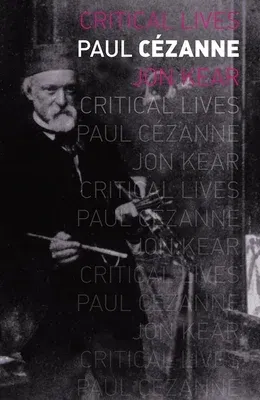Jon Kear
(Author)Paul CézannePaperback, 15 May 2016

Qty
1
Turbo
Ships in 2 - 3 days
Only 2 left
Free Delivery
Cash on Delivery
15 Days
Free Returns
Secure Checkout

Part of Series
Critical Lives
Print Length
224 pages
Language
English
Publisher
Reaktion Books
Date Published
15 May 2016
ISBN-10
1780235739
ISBN-13
9781780235738
Description
Product Details
Author:
Book Format:
Paperback
Country of Origin:
US
Date Published:
15 May 2016
Dimensions:
19.81 x
12.95 x
1.78 cm
ISBN-10:
1780235739
ISBN-13:
9781780235738
Language:
English
Pages:
224
Publisher:
Series:
Weight:
362.87 gm